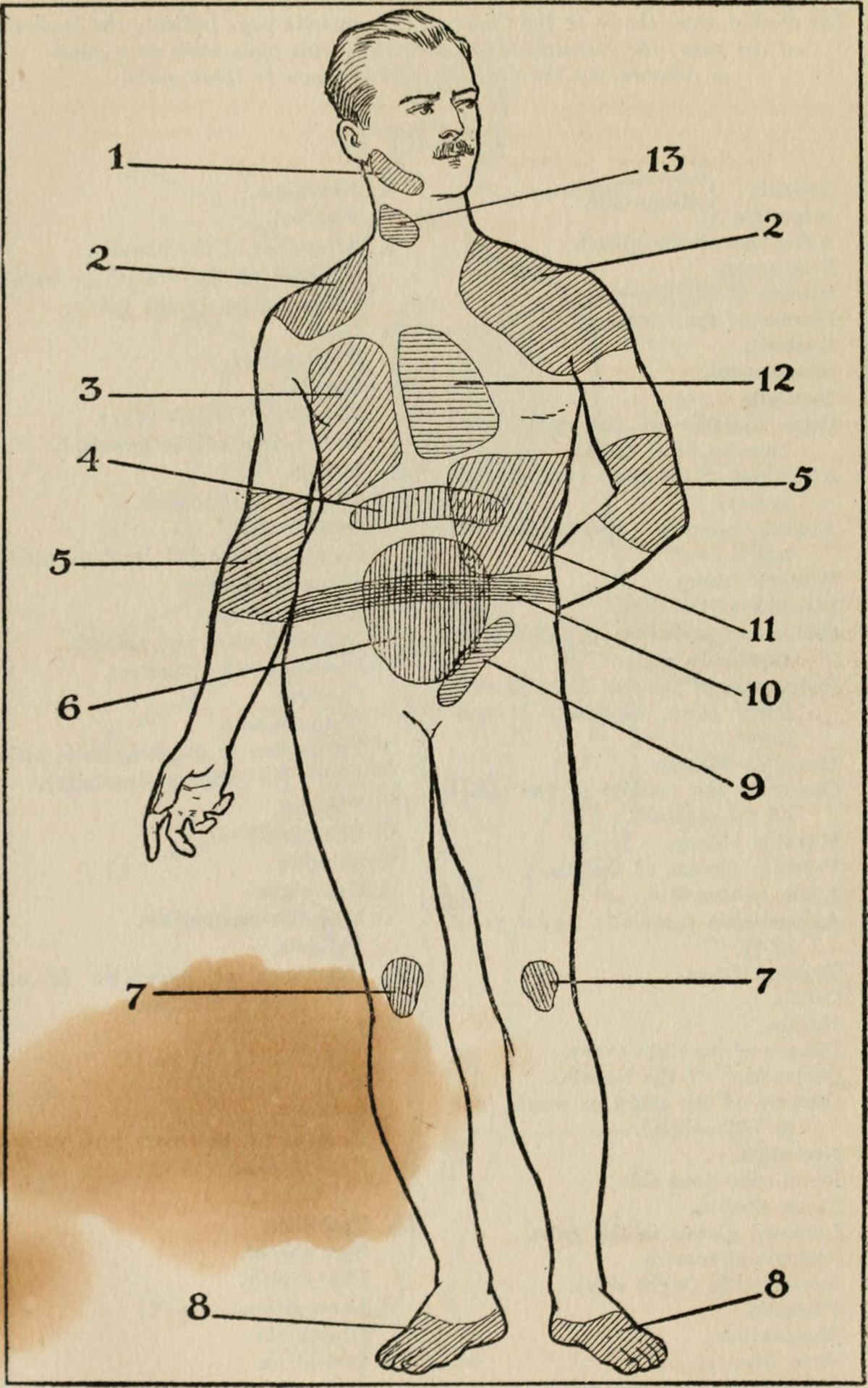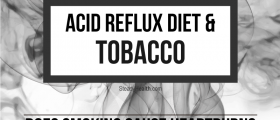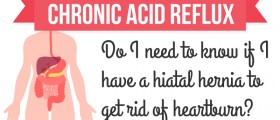
Heartburn is a disorder that may be the indicator of the digestive system diseases or improper lifestyle and diet. If this condition is present long-term, heartburn affects mental and physical health of individuals, significantly reducing the working potential.
What is a Heartburn?
Heartburn is a burning sensation and pain behind the sternum, which can be spread in the epigastrium and the throat. The main symptom of a heartburn is the reflux (return) of gastric acid from the stomach into the esophagus. It occurs in 20-40% of people and 7% of adults have daily heartburn problems. Reflux occurs because of the lower esophageal sphincter function weakening. Esophageal sphincter is a muscle that acts as a valve, located between the esophagus and stomach.Causes of a Heartburn
Heartburn may be caused by diseases, dysfunction of the esophageal sphincter or the impact of external factors. These factors can be emotional stress, smoking, alcoholic beverages, certain foods, high pressure in the abdominal cavity as a result of wearing tight clothing, obesity or pregnancy. Improper eating, which include lavish meals, rapid swallowing and poor mastication of food may also be the cause of heartburn. The heartburn mostly occurs after eating greasy and fried foods, usually an hour after meals. Besides that, heartburn can also be provoked by physical effort immediately after eating, and resting after a meal, which is closely connected to the existence of hernia hiatus. Very often, use of some medications such as anti-rheumatics, painkillers, some antidepressants, narcotics, estrogens, and drugs for asthma may be the cause of heartburn. The appearance of heartburn symptoms twice a week considers a significant change of life quality.What is a Indigestion?
An indigestion or dyspepsia is described as a pain or discomfort in the epigastrium, which may be episodic or constant. These symptoms are often accompanied with bloating, early feeling of satiety, heartburn, nausea and vomiting.Causes of a Indigestion
Basically, dyspepsia may be a consequence of some organic disease such as ulcer, gastroesophageal reflux disease, stomach or pancreas cancer, etc. In this case, it is about organic dyspepsia. But, if organic disease cannot be identified then it is called functional dyspepsia. The most common causes of dyspepsia are: functional dyspepsia in 60% of cases. peptic ulcer 15-25% reflux esophagitis 5-15% stomach and esophagus cancer <2%. Rare causes of dyspepsia include: biliary disease pancreatitis taking some drugs ischemic bowel disease parasitoses carbohydrate malabsorption systemic disease pancreatic cancer other abdominal tumors
















Your thoughts on this
Loading...